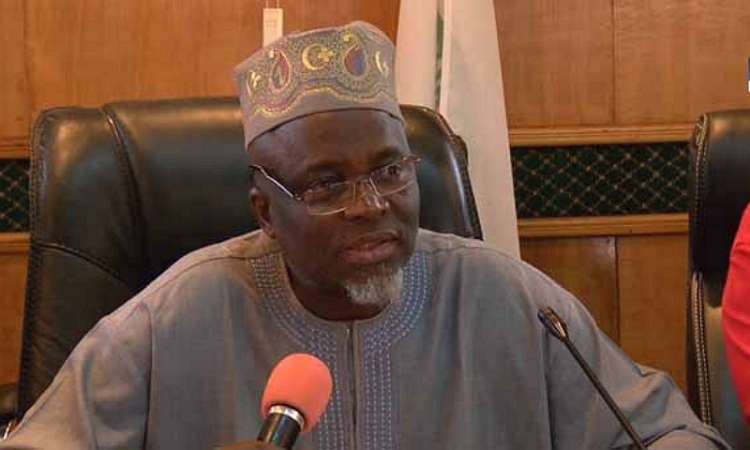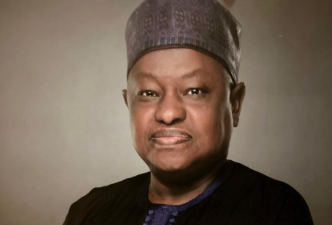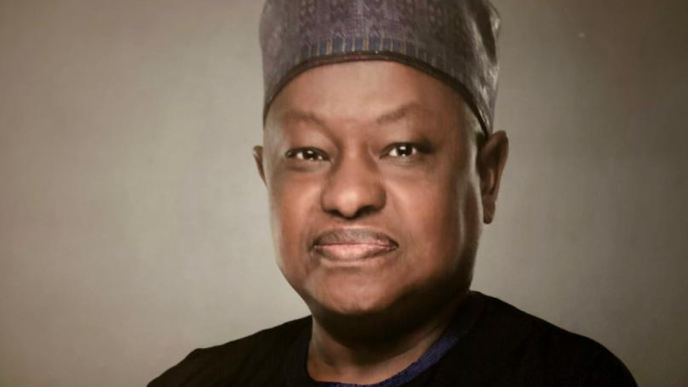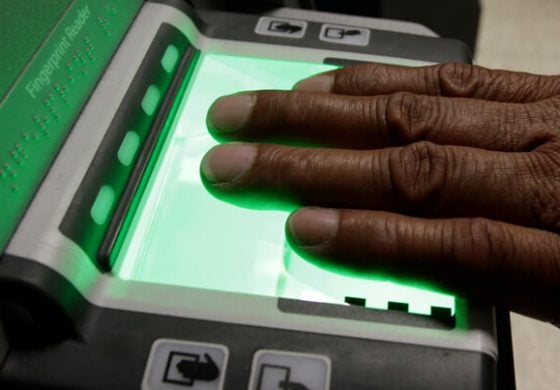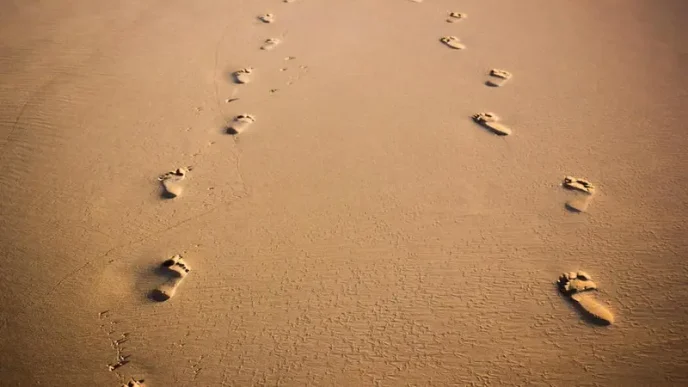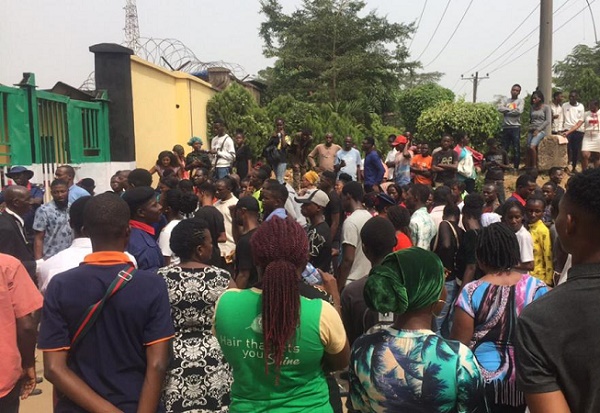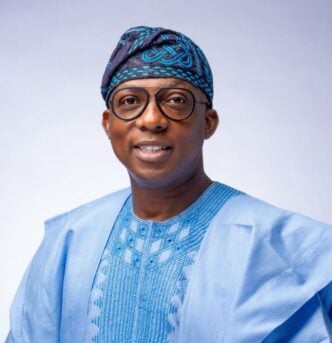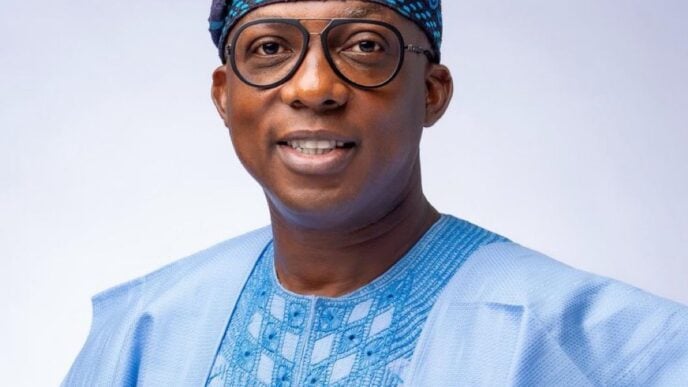JAMB mulls policy allowing candidates to write UTME on mobile phone
BY FOLORUNSO FATAI ADISA
One of the few administrators I deeply respect in Nigeria is Prof. Ishaq Oloyede. His credentials speak for themselves. His impact is as visible as the sun in a cloudless sky. As vice-chancellor of the University of Ilorin, he pulled the institution out of relative obscurity and into national prominence, making it Nigeria’s top university for several consecutive years.
When he took the helm at the Joint Admissions and Matriculation Board (JAMB), he brought the same transformative touch. Under his leadership, a once corruption-ridden institution became a model of transparency, efficiency, and accountability. He digitalised the Board’s operations and drastically increased remittances to government coffers, without inflating costs for candidates.
Prof. Oloyede is one of the few public figures in Nigeria with a spotless record, no corruption scandals, no bribery allegations, no hidden skeletons. Both his personal and public lives have been bereft of tribalism, fanaticism or favouritism.
Advertisement
Sadly, when the recent Unified Tertiary Matriculation Examination (UTME) glitches occurred, many Nigerians, motivated by Twitter trends and half-truths, turned on him with astonishing speed. We need to understand that criticism is not condemnation. We must learn the difference.
Criticism is rooted in reason. It aims at improvement. It identifies flaws and suggests remedies. It leaves room for redemption, for learning, for growth. It corrects what is broken.
Condemnation, on the other hand, exists only to destroy. It shames without offering solutions. It mocks without attempting understanding. It closes the door to progress and paints every mistake in the darkest shade. Condemnation crushes.
Some have taken their pure poppycock even further, twisting it into an ethnic and religious narrative. They claim the UTME glitches were intentionally orchestrated to mock the Eastern region of Nigeria, suggesting that the failure disproportionately targeted that area. In their blind rage, they conveniently ignore the fact that Lagos, far from the East, was also significantly affected. This descent into ethno-religious blame games is not just illogical; it is dangerous. It drags us further away from truth and progress, and plunges us deeper into division. If we continue down this path, we will earn more disdain and destruction than national unity or development.
Advertisement
When the UTME technical issues broke out, JAMB responded with rare urgency. Unlike the typical arrogance of Nigerian institutions that always insist “nothing went wrong,” JAMB listened. An independent investigation followed. Experts from diverse, technically competent fields confirmed that no fewer than 165 of the 800+ centres were compromised. And what did Prof. Oloyede do? He owned it. He told the truth, with clarity and conviction. He apologised to the affected candidates. He implemented corrective measures immediately. And he didn’t hide behind bureaucracy.
But Nigeria is a place where honesty is a threat and humility is mocked. We say we want our leaders to take responsibility. But the moment one does, we descend like vultures on fresh meat. We drag them. We insult them. We cancel them. As the Gen Zs would say, “we pour spit on them.”
This is exactly why most of our politicians and public officers never admit wrongdoing. They know what awaits them isn’t engagement, but public crucifixion. Not feedback, but fury. Not reform, but ridicule. And it is a shame. We shout “accountability” in public but destroy those who dare to embody it. We claim to loathe dishonesty, yet crucify integrity when it makes a human mistake and owns up to it.
If you still cannot recognise Oloyede’s brilliance, blame not the man. Blame your own blindness. After all, it is not the sun’s fault that the blind cannot see it.
Advertisement
So, what do we really want? A better country? Or just another excuse to make noise? This moment demands that we pause and think. Not react. Not condemn. But reason. If we keep punishing the few good ones, who then will stand up to fix the broken walls?
Folorunso Fatai Adisa is a writer, communication specialist, and media scholar. He holds a master’s degree in media and communication from the University of Strathclyde, Glasgow. He can be contacted via [email protected]
Views expressed by contributors are strictly personal and not of TheCable.
